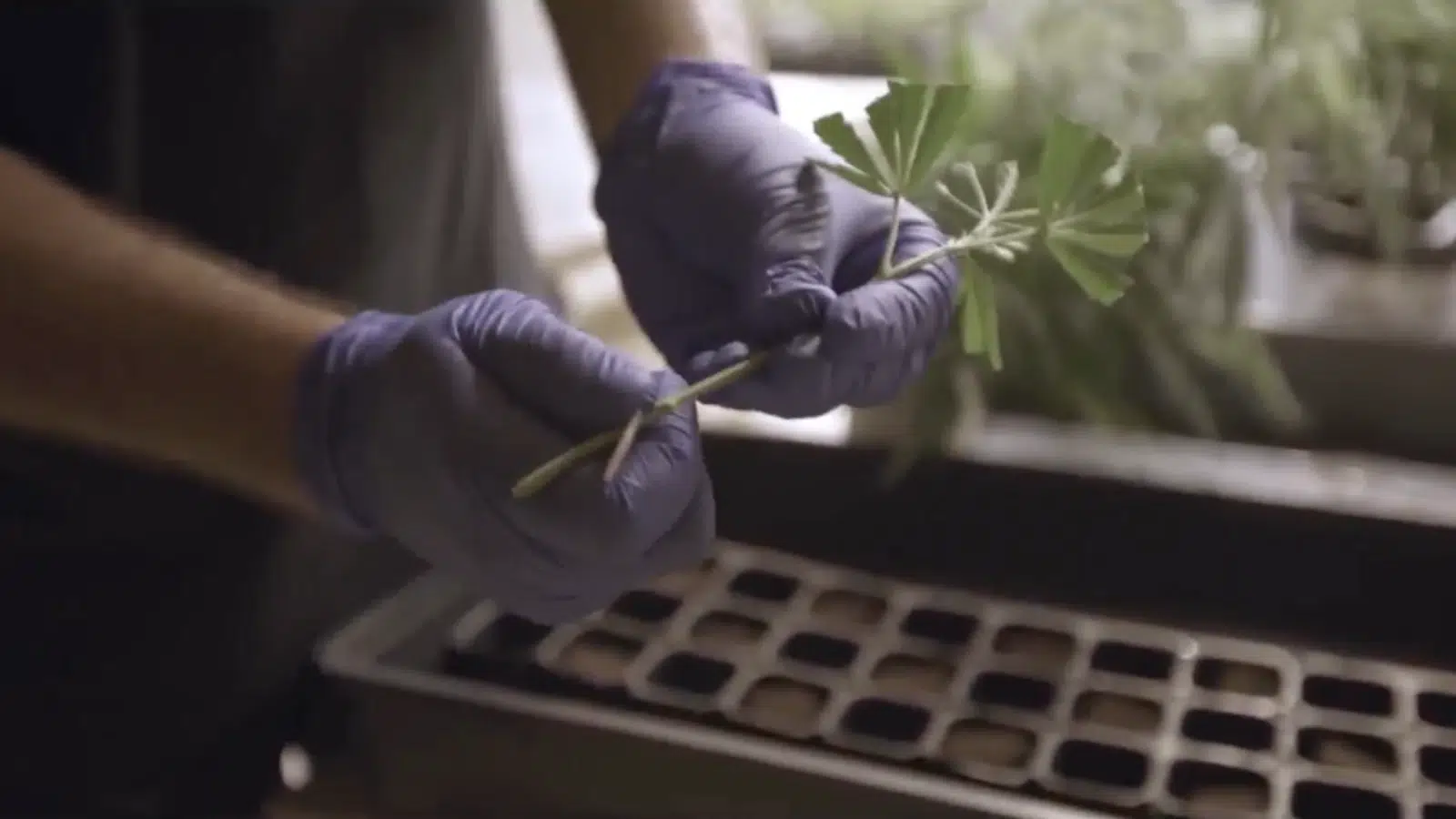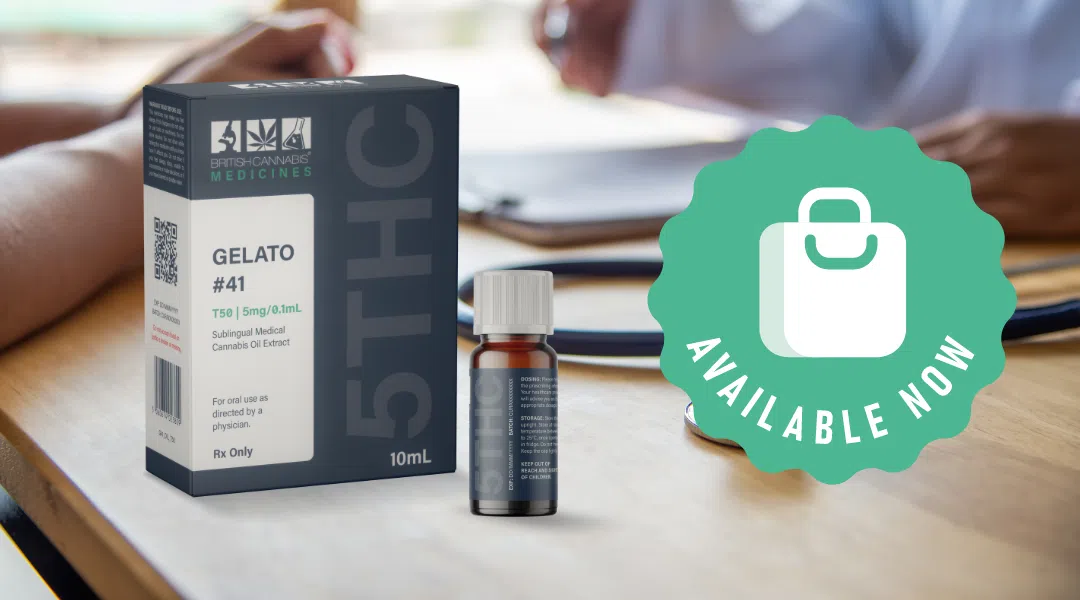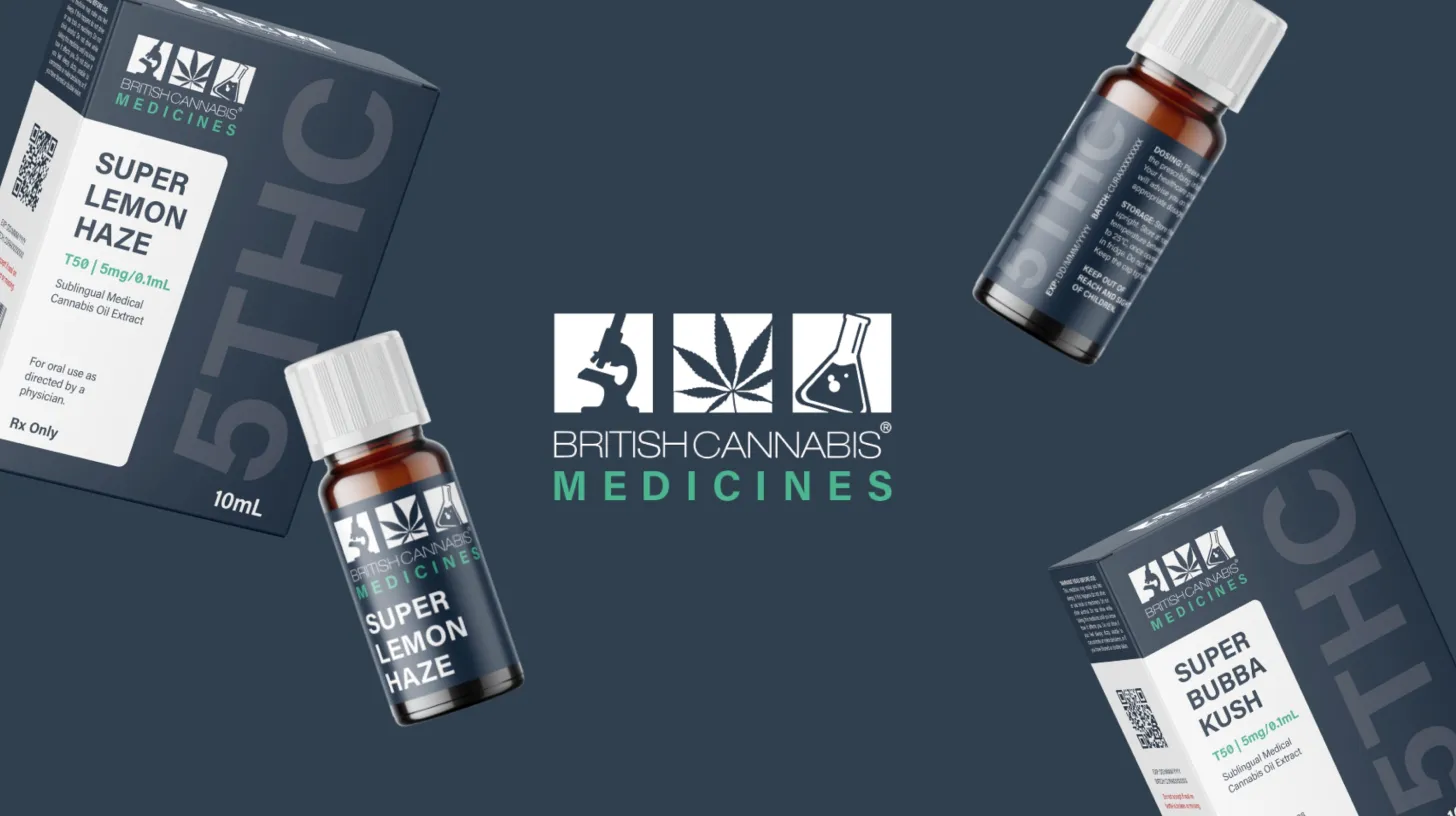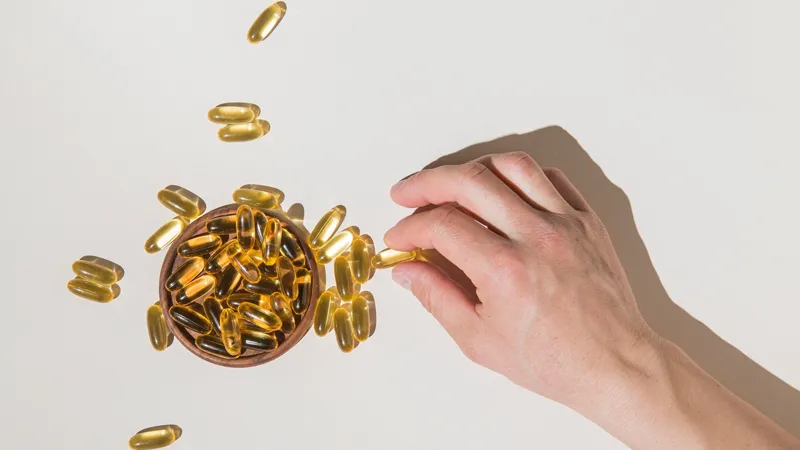
Better Sleep, Reduced Pain and Enhanced Cognition – The Potential Positive Impact of Cannabis Edibles on Cancer Patients
First and foremost, cannabis edibles have been linked with a number of positive effects on cancer patients, according to recent research by the University of Colorado Boulder. The study highlights the potential for edible cannabis items, legally obtained from dispensaries, to reduce symptoms associated with cancer, whilst also combating ‘chemo-brain’; a common side-effect of chemotherapy.
Key Takeaways
- Cancer patients could potentially benefit from a reduction in pain levels, improved quality of sleep and better cognitive function after consuming cannabis edibles.
- Notably, edible cannabis was found to alleviate the effects of ‘chemo brain’.
- The patients in the study used self-procured cannabis edibles, which varied in terms of the THC and CBD content.
- Alongside notable improvements in sleep quality and pain management, patients also reported enhanced cognitive function and better reaction times.
Often described as ‘chemo-brain’, this condition is characterised by impairments to memory, concentration, and clear thought processes. This can make it difficult for patients to carry out everyday activities and may even prevent certain individuals from returning to work following cancer treatments. “When you’re in a lot of pain, it’s hard to think. We found that when patients’ pain levels came down after using cannabis for a while, their cognition got better,” said Angela Bryan, a cancer survivor, senior author of the study and a professor of psychology and neuroscience at CU Boulder.
Study Methodology and Findings
This study observed the effects of self-procured edible cannabis products over a two-week period in a total of 25 cancer patients. These products ranged from chocolates and gummies to tinctures, pills, and baked goods, all with varying ratios of THC and CBD. Bryan said, “This tells us that people are open to trying whatever they think might be useful, but there’s just not much data out there to guide them on what works best for what.”
In order to evaluate the participants, a “mobile laboratory” was used to conduct physical and cognitive assessments both before and after the cannabis was consumed. Two weeks after the start of the study, the patients reported improved levels of pain, better quality of sleep and increased cognitive function.
Surprisingly, far from the expected negative impact on cognitive function, Bryan notes, “We thought we might see some problems with cognitive function… But people actually felt like they were thinking more clearly.” Reports suggested that a higher intake of CBD, known for its anti-inflammatory properties, was linked to improved sleep quality and reduced pain intensity.
Implications and Future Research
Although this research is a relatively small step, it uncovers avenues for further studies to explore the long-term impact of such products on various types of cancer and stages of the disease. Broadening the body of knowledge surrounding the potential benefits and drawbacks of using cannabis for palliative care in cancer patients could hail a significant leap forward.
Statement from BRITISH CANNABIS™
We welcome the findings of this pioneering research by the University of Colorado Boulder, demonstrating the potential benefits of cannabis edibles for cancer patients. At BRITISH CANNABIS™, we firmly believe in the power of this plant and its potential to improve the quality of life for patients worldwide. We are particularly encouraged by the apparent reduction in ‘chemo-brain’ symptoms and enhanced cognitive function reported in the study. It reinforces our commitment to providing the highest quality, lab-tested cannabis products to our customers.
To conclude: This research offers crucial insights into the potential benefits offered by cannabis edibles, demonstrating how these could potentially transform the field of cancer treatment. As always, more extensive research is of the essence but these initial results appear to be promising.
DISCLAIMER
The information provided in this article is not intended to replace any medical advice. If you’re considering the use of medical cannabis as part of cancer treatment, you should consult with a healthcare professional.





